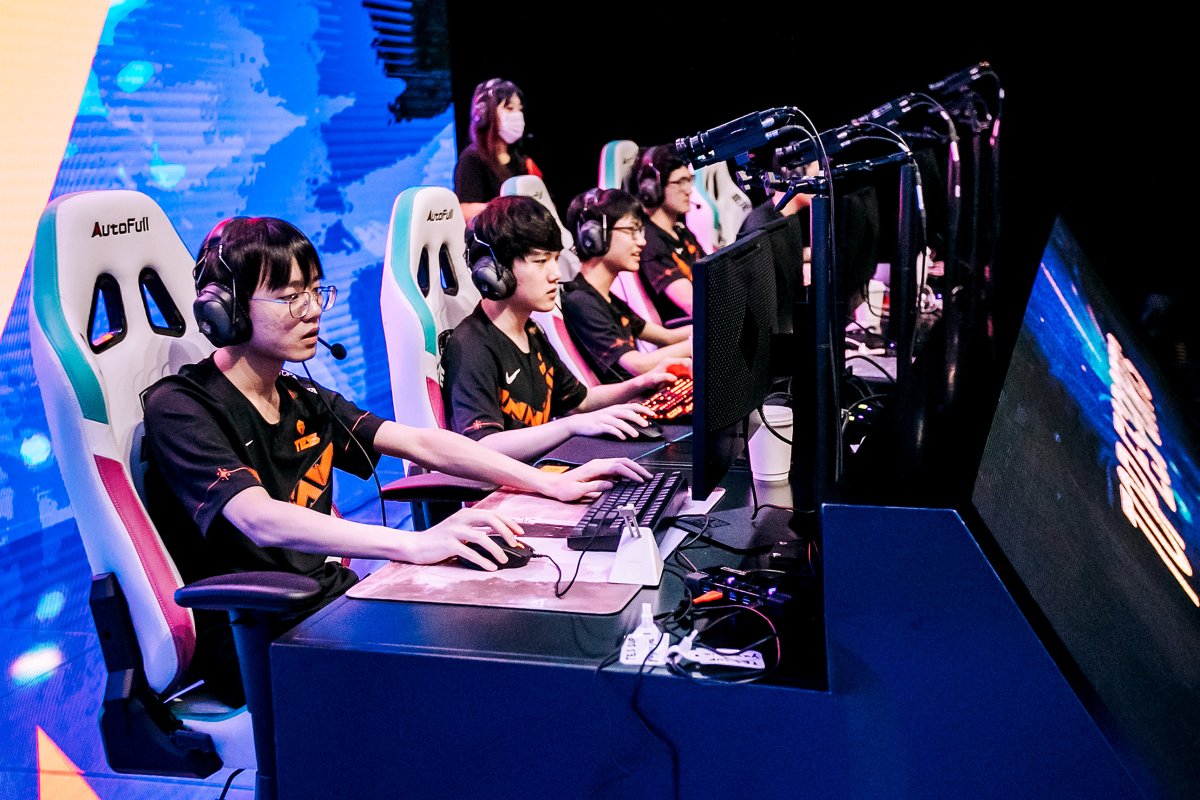You can throw your life away on video games.

That’s the message that China is sending with a new raft of restrictions on underage screen time, which will effectively limit children to three hours of online video games per week.
Gamers under 18 will only be allowed to play online from 8-9 p.m. on Friday, Saturday and Sunday night, state-run media reports. That’s a maximum of one hour a night for three nights.
“At other times, it is not allowed to provide online game services to minors in any form,” authorities said in their announcement.

Chinese officials say they made the decision amid growing concern over video game addiction among teens, which President Xi Jinping called a “social problem” earlier this year.
The announcement effectively tightens the existing curfew for underage gaming, which permitted children to play for 90 minutes per day or three hours on holidays.
Parents and children will not be the ones who face punishment for breaking the rules. Instead, China will require all video game companies that operate in the country to set up real-name verification for players, so that children can’t break the rules by using fake accounts.
China says this new change will protect the “physical and mental health” of its children.
The rules were released by the National Press and Publication Administration, China’s state-control Xinhua news agency reported.
The change is expected to place further demands on video game companies such as Tencent, the China-based maker of League of Legends and the popular Call of Duty franchise, which are both primarily played online. Tencent recently introduced facial recognition software in order to keep up with China’s earlier curfew for underage gamers.
The new restriction is just one of many affecting the Chinese internet, which is effectively walled off from the global web and tightly controlled by censors. Restrictions are used to ban a wide range of harmful content, but they are also employed to censor free speech and silence anyone or anything that the Chinese Communist Party deems to be a threat – whether it’s karaoke songs or Winnie the Pooh.
— With files from Reuters




Comments